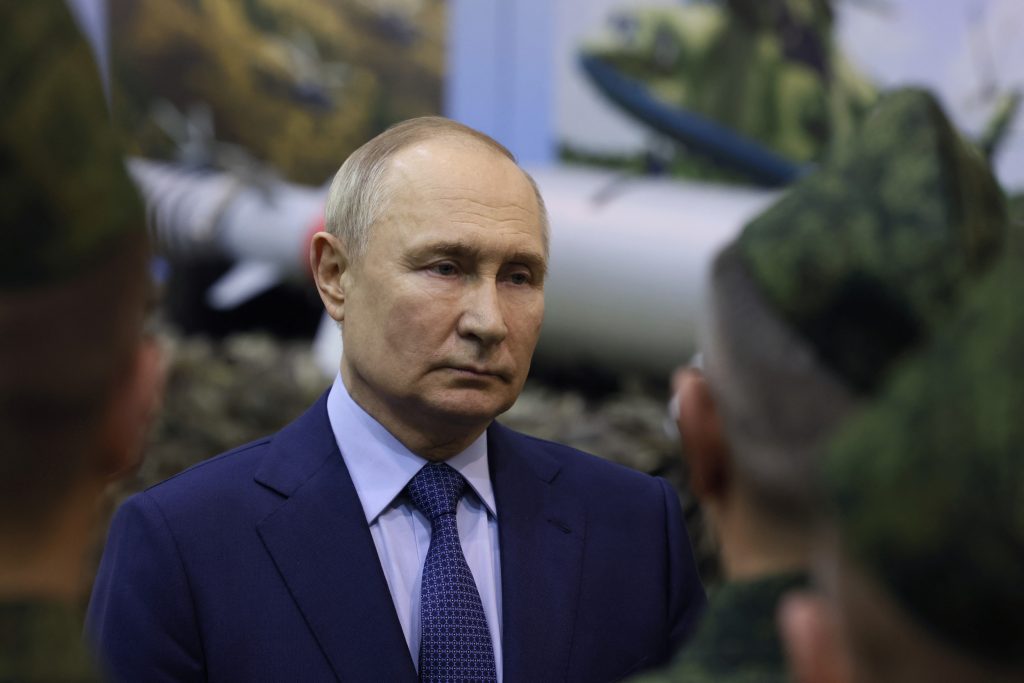Russian lawmakers have requested an investigation into allegations that Western countries are financing and organizing terrorist attacks against Russian citizens. This comes after a recent mass shooting at Moscow’s Crocus City Hall concert venue, where 140 people were killed. The Islamic State group IS-Khorasan claimed responsibility for the attack, and four men have been charged with committing a terrorist act. Russian officials have insinuated that the attack may be tied to Ukraine, although there is no evidence to support this claim. The U.S. Embassy in Moscow had previously warned of extremist groups planning to target large gatherings in Moscow, but the White House has stated that there is no evidence linking Ukraine to the attack.
The Russian Investigative Committee and the Kremlin’s Prosecutor General’s Office are considering appeals to investigate the organization and financing of terrorist attacks by Western services against Russia. While the request from Russian lawmakers did not specifically reference the Crocus City Hall attack, it is likely an attempt to capitalize on social fears and anger following the massacre. The Kremlin is aiming to portray Ukraine, the U.S., and the West as immediate terrorist threats in order to increase domestic support for the war in Ukraine. Disinformation campaigns have surrounded the Russia-Ukraine war since Moscow’s invasion in February 2022, with false claims about Ukraine’s involvement in the Crocus City Hall attack circulating soon after the shooting.
Russian President Vladimir Putin acknowledged that the attack was carried out by radical Islamists, but he also suggested that it was part of ongoing attempts by those who have been at war with Russia since 2014 through the Kyiv regime. Ukrainian President Volodymyr Zelensky responded to Putin’s accusations, calling him a “sick and cynical creature” and accusing him of being fueled by terror for two decades. While the Kremlin has not formally accused Ukraine of being behind the attack, there is still a possibility that Moscow may choose to do so in the future if other informational efforts do not generate the desired domestic response.













